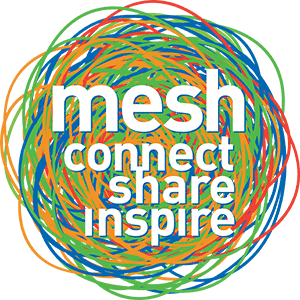
“If we take ‘social mission’ as the first element, then a hybrid organization looks a lot like a traditional charity or not-for-profit. Public benefit is the core reason that these organizations exist… On our increasingly digital planet, we clearly need public benefit organizations that care about such things.”
Source: commonspace by Mark Surman
We chose Mark Surman as the keynote for our business stream at mesh2011 for one simple reason: more than just about anyone, he knows what it is like to try and run a distributed organization that not only encourages but is dependent on engagement and participation from its members. The Mozilla Foundation, of which Surman is the executive director, needs this because it is a largely volunteer organization, the community behind the open-source browser Firefox. But the reason we chose Mark to keynote mesh2011 is that there’s a case to be made that all businesses need to adopt more of the organizational structure — and thus also some of the motivational and administrative approaches — of open-source and volunteer agencies like Mozilla.
The reality is that in today’s hyper-connected, real-time and increasingly web-powered world, companies of all kinds are struggling with the same issues: how can a large company manage a distributed workforce, many of whom are freelancers, contractors, part-timers or other non-permanent staff? In a world where younger employees are free to move from job to job — and in many cases will do so dozens of times, drawn by factors other than just monetary compensation — how does a company motivate its employees? How can companies competing in a global environment get the best contributions they can from their staff?
All of these issues are ones that freelance and volunteer organizations like Mozilla deal with directly, and that’s why the lessons that Mark Surman has drawn from his years of work with the foundation — as well as a career of social and community activism and engagement that spans almost 20 years — are worthwhile hearing for almost any company that wants to become more competitive, regardless of what industry it is in.
Before joining Mozilla, Mark was an open philanthropy fellow at the Shuttleworth Foundation in South Africa, where he invented new ways of applying open-source thinking to social innovation. Prior to that, he was the founding director of telecentre.org, a $26-million effort to network community technology activists in countries around the world. Mark has also served as president of the Commons Group, Director of Content and Community at Web Networks and senior advisor to the Volunteer @ction Online grants program team. Mark’s first real job was training social activists to make their own documentaries in the early 1990s.
Read more…
“A Digital Age” The European Magazine
Mark’s Blog: commonspace
LinkedIn | Facebook | Twitter
